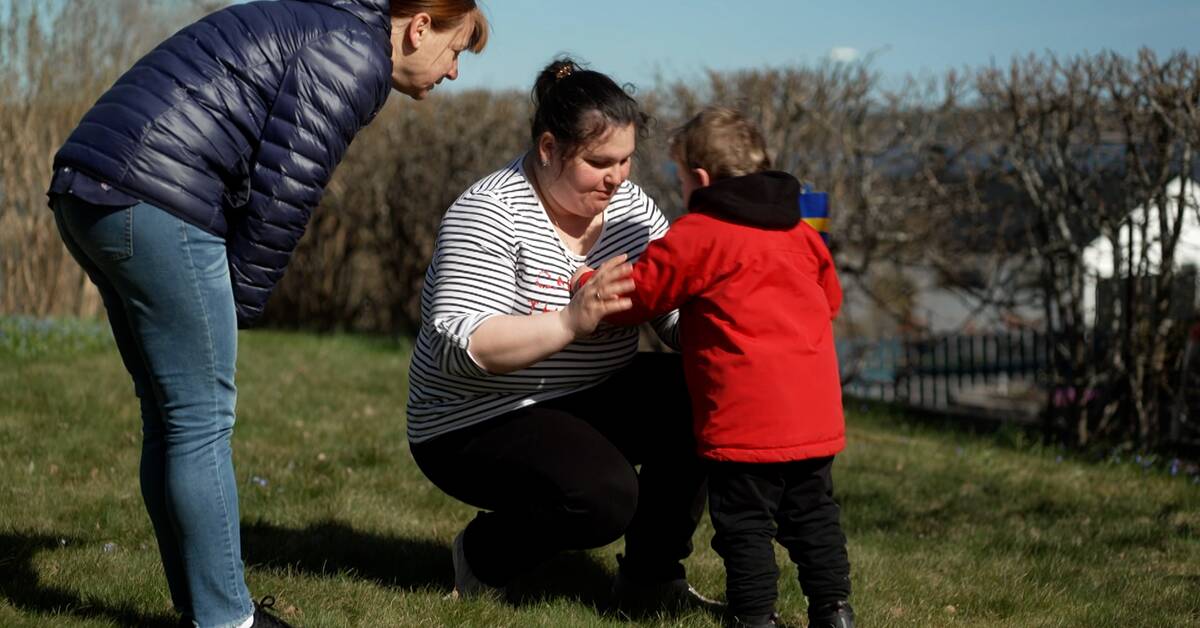In Norrtälje municipality, a network of non-profit forces has arranged housing for about 70 of the almost 200 Ukrainian refugees who have come to the municipality.
One of those who received refugees is Lotta Borg Segeros, who usually rents out cottages to tourists.
But what was supposed to be an emergency solution has dragged on and soon the Ukrainians will have to move.
- I have not dared to tell them yet, but now there are only two and a half weeks left, says Lotta Borg Segeros.
It is unclear where the Ukrainians will move instead, which creates a concern that they will be forced to move to other parts of the country, if they ask for help with housing from the Swedish Migration Board.
- My son has started preschool here and if we had to move, it would mean difficulties such as finding a preschool again and starting again in a new place.
In that case, we would rather go home to Ukraine, says Tatiana Sverdlenko who came to Sweden in mid-March with her three-year-old son Ivan.
Need information
Norrtälje municipality has 125 beds in apartments that they developed at an earlier stage when the Swedish Migration Board called for evacuation housing.
But they have not been needed and now the municipality can not let the Ukrainians move in without the Swedish Migration Board first giving a clear message.
- We must be told by the Swedish Migration Board that we are responsible for these particular individuals so that they do not say that another municipality is and we are responsible for some completely different ones.
It would be a very difficult situation for everyone involved, says Staffan Tjörnhammar (M), chairman of the municipal board.
The Swedish Migration Agency is currently waiting for a report from the county administrative boards on what the capacity looks like, after which they will start assigning people, according to Director General Mikael Ribbenvik.
If there is capacity in municipalities where people have started to take root, will they be allowed to stay there then?
- The principle is as few relocations as possible, but it will not be completely avoidable, says Mikael Ribbenvik.

